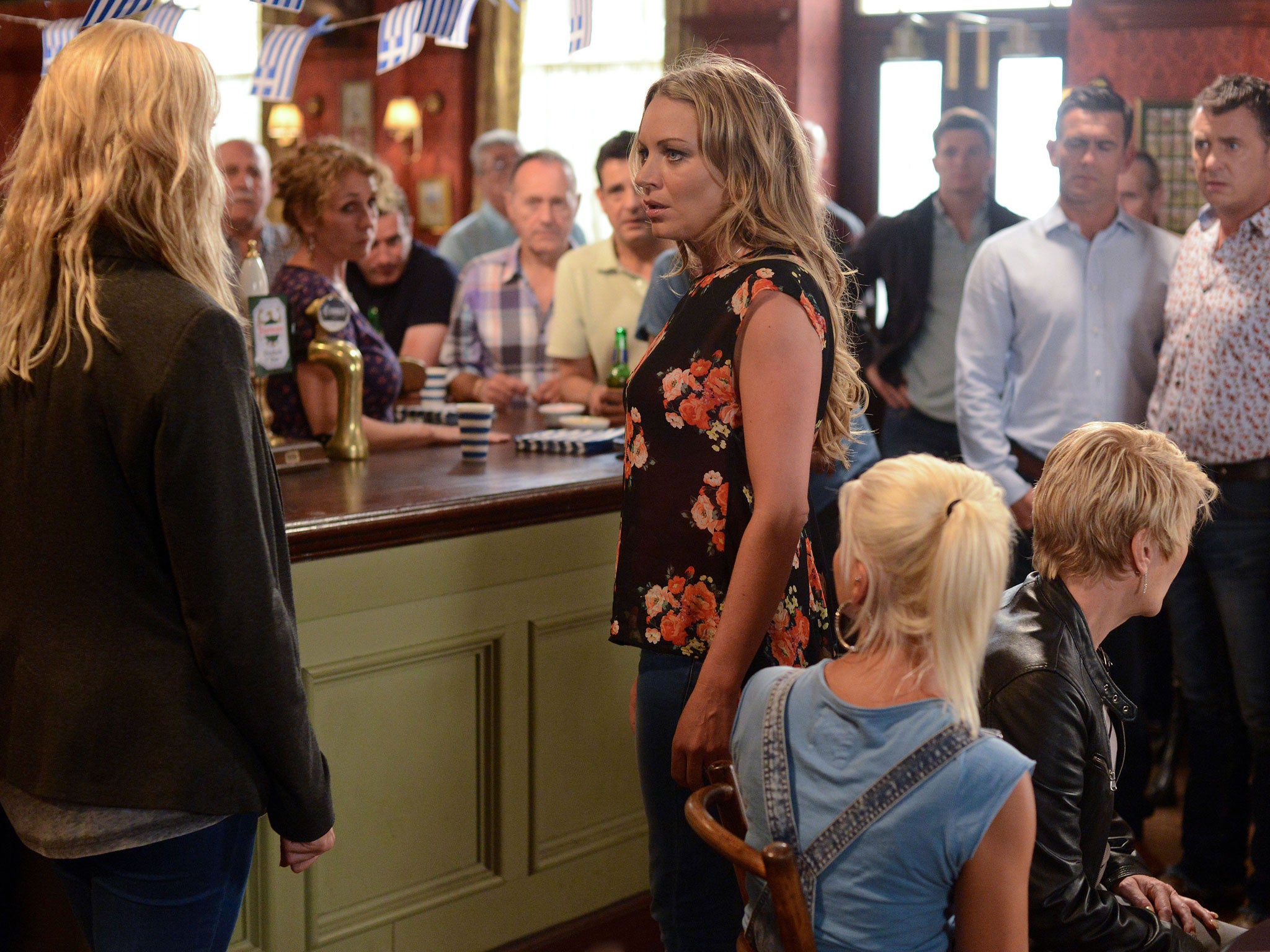Scottish ‘EastEnders’ fans are turning ’ochney: study shows how telly viewing accelerates language change

Scots may be adopting Cockney slang after research found that watching television could be a factor in accent change.
Caledonian fans of the long-running BBC soap EastEnders were shown in a study to have variations in pronunciation, according to University of Leicester experts.
They found two particular features of speech typically associated with London English that were becoming increasingly apparent in the Glaswegian dialect among people who regularly watched the TV drama.
The features were using “f” for “th” in words like “think” and “tooth”, and using a vowel sound like that in “good” in place of an “I” sound in words like “milk” and “people”. The study, funded by the Economic and Social Research Council and published in the American journal Language, is the first evidence that active and engaged television viewing helps to accelerate language change.
Researchers said the results show significant correlations between using these features and strong emotional and psychological engagement by the viewers of the programme.
But simply being exposed to television is not sufficient to cause accent change. For speech to alter, viewers must regularly watch the show and become emotionally engaged with the characters.
The authors said television and other forms of popular media constitute one of many factors that help accelerate language change and more powerful factors, such as social interaction between peers, has a much stronger effect on language change.
Professor Barrie Gunter, of the University of Leicester’s Department of Media and Communication, said: “When people move to new geographical locations they take their speech patterns with them. If sufficient numbers of people move in this way, alien speech patterns can become integrated with the local speech vernacular.
“Although the mass media have previously been referred to anecdotally as playing a part in this process, this research has provided more systematic, scientific evidence for this effect.”
Join our commenting forum
Join thought-provoking conversations, follow other Independent readers and see their replies
Comments
Bookmark popover
Removed from bookmarks